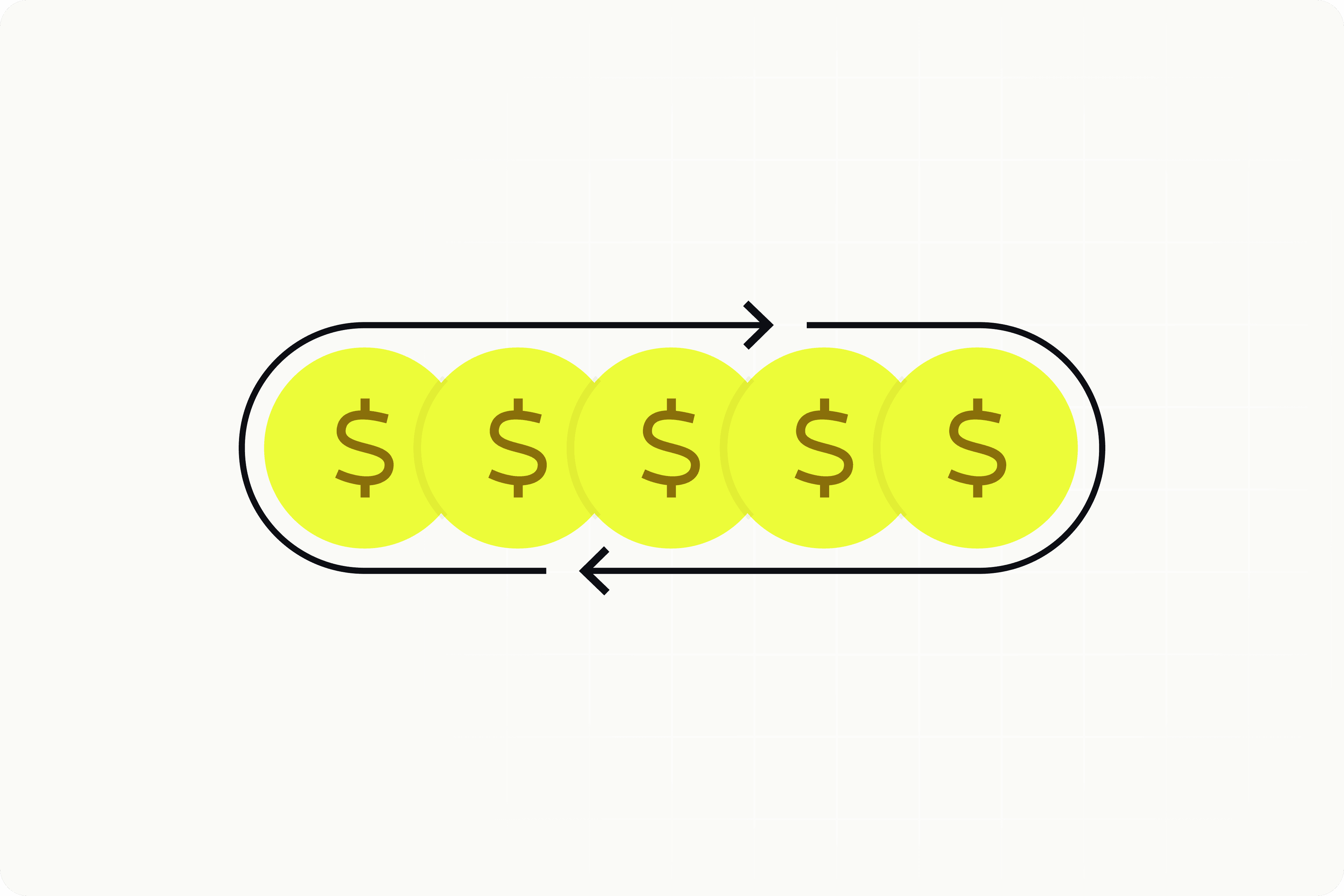What is a Merchant Cash Advance?
A Merchant Cash Advance (MCA) provides businesses with a lump sum of capital in exchange for a portion of future sales. While MCAs can be a lifeline for cash-strapped businesses, here are a few critical factors to consider when designing your MCA program:
- Cost of capital: Unlike traditional loans, MCAs use factor rates ranging from 1.1 to 1.5. This means if you provide a $10,000 advance with a factor rate of 1.3, your borrower will need to repay $13,000. These rates and their impact on total repayment amounts are crucial to a transparent customer experience.
- Repayment structure: Payments are typically a percentage of the business’s daily or weekly sales, which provides flexibility but can also lead to unpredictability in cash flow. This structure can benefit businesses with high credit card sales volume, such as restaurants or retail stores.
- Impact on cash flow: Because repayments are deducted directly from sales, businesses to which you provide a cash advance must plan carefully to maintain enough cash flow to operate effectively.
- Lender terms: Terms can vary significantly between MCA providers. Ensure your terms are simple and clear so customers aren’t surprised.
- Business health: A business with fluctuating or seasonal sales (or one experiencing a downturn) can be a good candidate for an MCA, but it’s crucial you have a strategy in place for these slower periods. Offering an extended grace period during these times is one option.
Why MCAs are a good starting point for lenders
As a lender, you might choose to offer a merchant cash advance (MCA) as your first financing product for a number of reasons.
- Higher Returns: MCAs often have higher interest rates or fees than traditional loans. This means greater profit potential, especially if you can manage risk effectively.
- Quick Turnaround: MCAs typically have a faster approval process than traditional loans. With this, you can quickly deploy capital and generate revenue without having extensive paperwork and evaluation processes in place.
- Target Market Expansion: MCAs are a great starting point for lenders who want to tap into a new market. They can be particularly attractive to businesses with inconsistent or seasonal cash flow, such as retail or hospitality. By offering MCAs, you can tap into a new market segment and provide tailored financing solutions.
- Risk Mitigation: While every loan carries a certain degree of risk, you can more easily mitigate the risk associated with a merchant cash advance. Since payments are often based on a percentage of daily sales, your team can align repayment with the business’s revenue, reducing the risk of default.
- Competitive Advantage: In a crowded market? An MCA can help you differentiate your services and attract businesses seeking alternative financing options.
- Relationship Building: Providing MCAs can be a gateway to establishing long-term working relationships. Once you’ve added value and proven a reliable partner, you can offer additional financial products and services as your business grows.
Where companies typically expand after MCAs
Once a business has utilized MCAs and stabilized its financial situation, it may consider transitioning to other financing options that offer lower costs or more significant benefits for long-term growth:
- Term Loans: These are suitable for businesses looking to make substantial investments in their growth, such as expanding facilities, purchasing significant equipment, or increasing their workforce. Term loans offer the advantage of lower interest rates and fixed repayment schedules.
- Lines of Credit: Unlike MCAs, lines of credit allow businesses to draw funds as needed up to a certain limit. This flexibility is excellent for managing ongoing operational expenses, covering short-term shortfalls, and smoothing cash flow fluctuations.
- Venture Debt: This type of debt is particularly attractive to technology or high-growth companies that might not want to dilute their equity. Venture debt can provide substantial capital to fuel rapid expansion, typically with milestones and warrants attached.
- Equipment Financing: For businesses that need to upgrade or purchase new equipment, equipment financing offers a way to secure necessary tools while preserving cash flow. Payments are spread over the life of the equipment, which can also provide tax benefits.
- Revenue-Based Financing: For businesses looking for alternatives to MCAs, revenue-based financing offers a similar model but potentially more moderate terms and rates. Payments are still linked to sales, providing flexibility without the higher costs associated with MCAs.
Using MCAs as a springboard
Merchant cash advances offer a versatile and accessible option for businesses needing quick funding. This makes them a great starting point for a commercial lending program, with the ability to easily build out a more robust loan product suite. By understanding the nuances of MCAs and carefully planning for future financing needs, businesses can manage immediate challenges while strategically positioning themselves for sustained growth and success in their respective markets.
Need some inspiration for your lending product?
See how Novo expanded its finance offering for 200K+ businesses.




